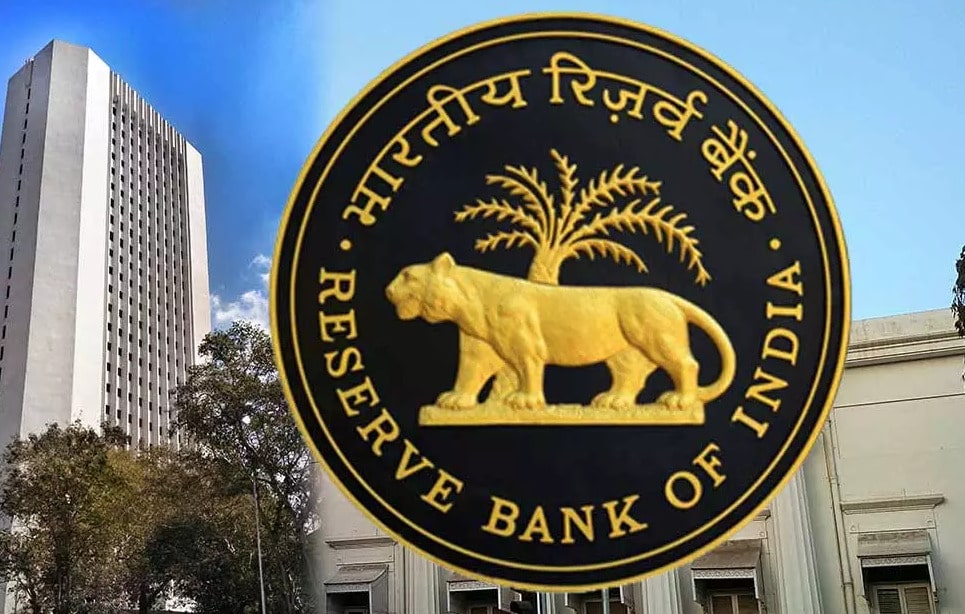Bank of Baroda, a leading state-run lender, has recently taken steps to enhance the security and integrity of its cheque clearing process. The bank has implemented stricter measures for obtaining confirmation of high-value cheques following reported instances of fraud. In an internal circular issued earlier this week, Bank of Baroda highlighted the need for stronger safeguards and announced the discontinuation of the practice of confirming high-value cheques through email or fax from the base branch.
The decision to tighten the cheque clearing process comes in response to the rising concerns surrounding fraudulent activities associated with high-value cheques. By discontinuing the practice of relying on email or fax confirmations from the base branch, Bank of Baroda aims to address potential vulnerabilities and strengthen its cheque clearance procedures. This move reflects the bank’s commitment to combat fraud and protect the interests of its customers.
Cheques have long been a popular and widely used method of payment in India, offering convenience and ease of use. However, with the advancement of technology and the increasing sophistication of fraudulent activities, banks have had to be vigilant in implementing stringent measures to safeguard against cheque-related fraud.
Bank of Baroda’s decision to discontinue the practice of obtaining confirmation of high-value cheques through email or fax signifies a proactive approach in mitigating potential risks. The reliance on digital communication channels for cheque confirmation introduces the possibility of interception or alteration, which could lead to financial losses for both the bank and its customers. By eliminating this practice, Bank of Baroda aims to enhance the security of the cheque clearing process and minimize the risk of fraud.
The circular issued by Bank of Baroda emphasizes the importance of implementing robust security measures to prevent fraudulent activities related to high-value cheques. The bank is committed to leveraging technological advancements to streamline its operations while ensuring the safety and reliability of its financial transactions. By discontinuing the reliance on email or fax confirmations, Bank of Baroda seeks to implement more secure and reliable channels for cheque clearance.
The move to strengthen the cheque clearing process aligns with the broader industry-wide efforts to enhance security measures in the banking sector. Banks across the country have been adopting stricter protocols and leveraging technology to combat financial fraud and protect their customers. The increased digitization of banking processes has necessitated a stronger focus on cybersecurity and the implementation of robust risk management practices.
Bank of Baroda’s proactive approach in tightening its cheque clearing process demonstrates its commitment to customer protection and risk mitigation. By discontinuing the practice of confirming high-value cheques through email or fax, the bank is taking a significant step toward safeguarding against potential fraud incidents. This measure will contribute to instilling greater confidence among customers and stakeholders, as they can rely on Bank of Baroda’s strengthened security measures when engaging in cheque-based transactions.
It is important to note that while these changes in the cheque clearing process may require customers and stakeholders to adapt to new procedures, they ultimately serve to protect their financial interests. Bank of Baroda will provide clear guidelines and support to customers to ensure a smooth transition and minimize any inconvenience.
In conclusion, Bank of Baroda’s decision to tighten its cheque clearing process by discontinuing the practice of obtaining confirmation of high-value cheques via email or fax reflects the bank’s commitment to combat fraud and enhance customer protection. By implementing more secure channels for cheque clearance, the bank aims to mitigate potential risks and bolster the integrity of its financial transactions. These measures align with industry-wide efforts to strengthen security protocols and protect the interests of customers in an increasingly digitized banking landscape.










